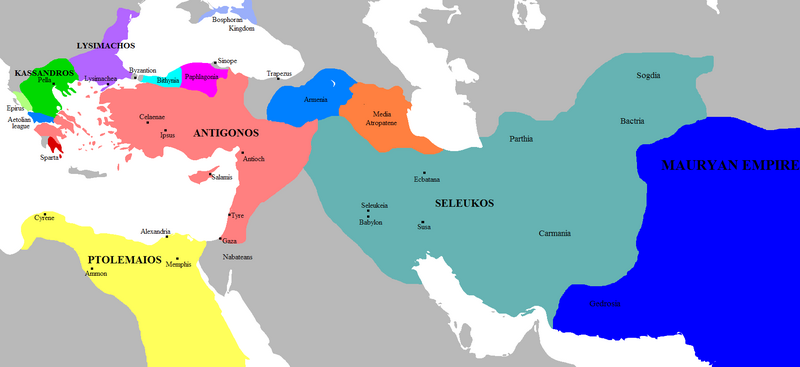BlandOatmeal
Active Member
I see that Pegg has bounced the ball back to you on this one. As a convert from Christianity to Judaism, you're probably more qualified than any of the rest of us to handle this one; and you're welcome to it.How about when he predicted he would come back in "this generation", which was almost 2000 years ago? Paul even told the early church at first not to marry because the 2nd coming was eminent, but later finally relented.
BTW, over and over again and for well over a thousand years, many Christians predicted, including the J.W.'s, "The end is near!", and yet here we are.
Pegg, I think I should talk with you right now about some things I've picked up from Jews along the way. I've found that they are more than willing to discuss the Old Testament with others; but discussions with Christians nearly always end up as one-way proselytizing exercises, wherein Christians use only selected passages from the OT; and then, only to justify Christian doctrines. It would do Christians well, to realize that Jews do not look at the OT, or "TaNaKh" in this way: They look at it as the basis of a way of life, to be swallowed whole and put into practice. That, in fact, is how God intended it to be read, from a time long before Jesus arrived on the scene. In so receiving TaNaKh, the Jewish people have a great deal they can teach Christians, if the latter will humble themselves long enough to listen. Remember that Jesus discoursed with Jews, on their own level of understanding, for his entire life, and so did all his disciples. Paul took it for granted, that the vast majority of his readers were well-versed in these things; so that the things he said cannot be fully understood without taking the Jewish worldview into account.
As for the "generation" thing, Metis,
Matt 1
[1] The book of the generation of Jesus Christ, the son of David, the son of Abraham.
βιβλος γενεσεως ιησου χριστου υιου δαβιδ υιου αβρααμ
Matt 24
[34] Verily I say unto you, This generation shall not pass, till all these things be fulfilled.
αμην λεγω υμιν ου μη παρελθη η γενεα αυτη εως αν παντα ταυτα γενηται
Matt 11
[16] But whereunto shall I liken this generation? It is like unto children sitting in the markets, and calling unto their fellows,
τινι δε ομοιωσω την γενεαν ταυτην ομοια A-NSF εστιν παιδαριοις εν αγοραις καθημενοις και προσφωνουσιν τοις εταιροις αυτων
Word: γενεσεως
Pronounce: ghen'-es-is
Strongs Number: G1078
Orig: from the same as 1074; nativity; figuratively, nature:--generation, nature(-ral). G1074
Use: TDNT-1:682,117 Noun Feminine
Heb Strong: H1755 H2233 H3205 H4940 H5271 H8435
1) source, origin
1a) a book of one's lineage, i.e. in which his ancestry or progeny are enumerated
2) used of birth, nativity
3) of that which follows origin, viz. existence, life
3a) the wheel of life (Jas 3:6), other explain it, the wheel of human origin which as soon as men are born begins to run, i.e. its course of life
Word: γενεα
Pronounce: ghen-eh-ah'
Strongs Number: G1074
Orig: from (a presumed derivative of) 1085; a generation; by implication, an age (the period or the persons):--age, generation, nation, time. G1085
Use: TDNT-1:662,114 Noun Feminine
Heb Strong: H410 H1755 H2233 H2567 H3117 H3211 H4940 H5971 H7256 H8029
1) fathered, birth, nativity
2) that which has been begotten, men of the same stock, a family
2a) the several ranks of natural descent, the successive members of a genealogy
2b) metaph. a group of men very like each other in endowments, pursuits, character
2b1) esp. in a bad sense, a perverse nation
3) the whole multitude of men living at the same time
4) an age (i.e. the time ordinarily occupied by each successive generation), a space of 30-33 years
Word: γενεαν, from γενεα
Pronounce: ghen-eh-ah'
Strongs Number: G1074
The passage under consideration uses "generation" in the same sense as in Matt 11:16. It refers to individuals of the same parent, or cut from the same cloth -- like "fifth generation fighter aircraft".
Jesus had no idea about when the time of judgment would come, and he said as much. He did know that he would rise from the dead, though, and enter into his eternal role as king (a la Joseph in Egypt). Some of his disciples saw him rising into heaven, fulfilling this prophecy.
Last edited:

